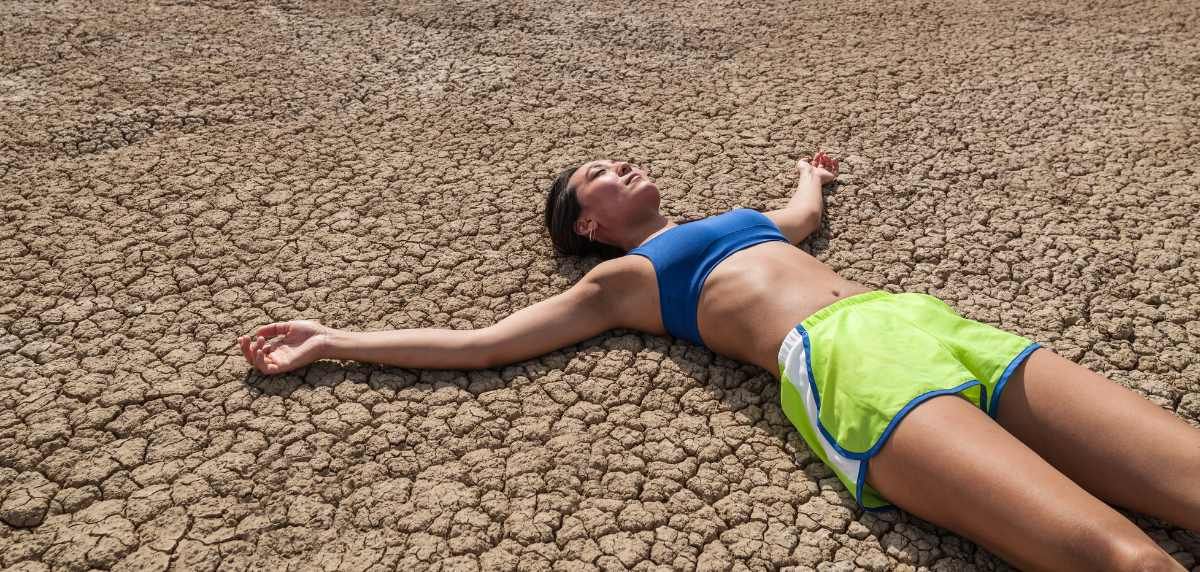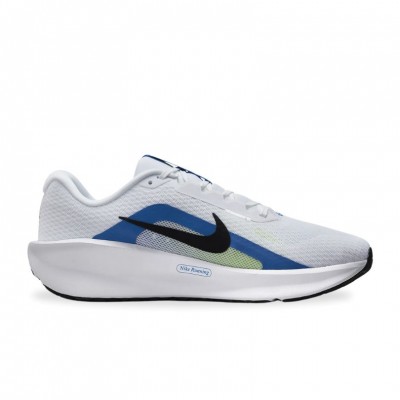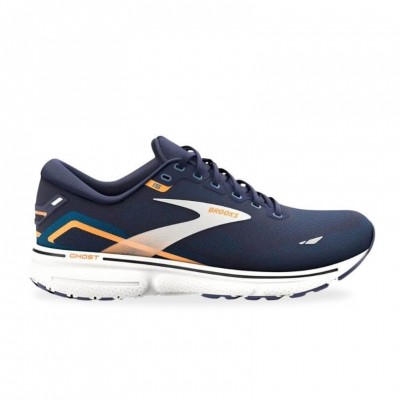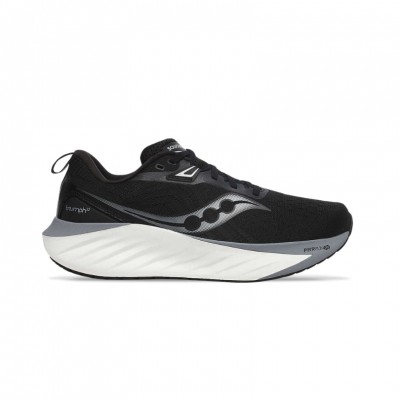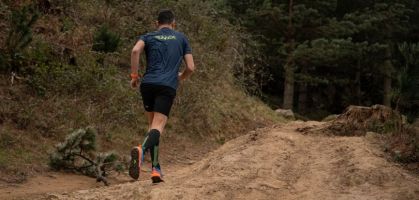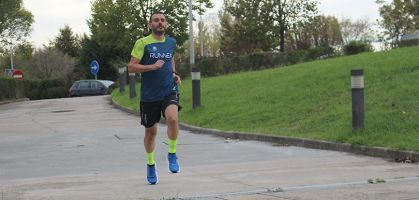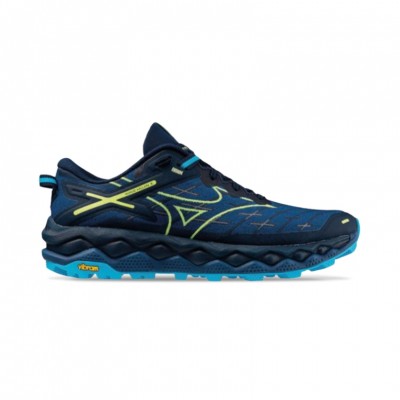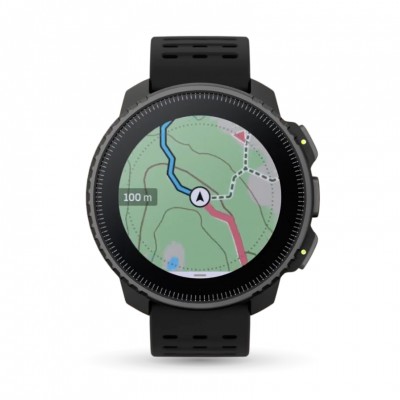As you know, running is a discipline that requires perseverance and dedication. However, there are times in a runner's life, such as vacations or injuries, when stopping is inevitable. One of the main concerns we tend to have at those times is how long it will take to get out of shape and, more importantly, how long it will take to get back in shape. At RUNNEA we have consulted our team of coaches with the aim of analysing these timeframes and offering you tips on how to regain your fitness after your running shoes take some time off.
The loss of fitness in running: a gradual process
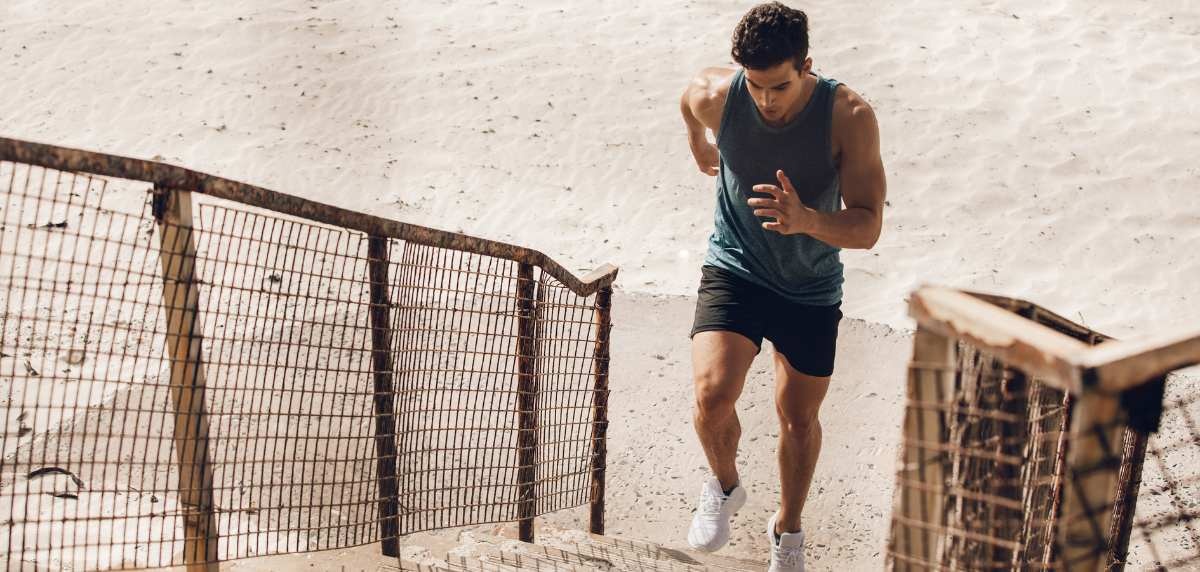
The loss of fitness in running does not happen overnight. It is a gradual process that varies according to each person, their previous fitness level and other factors.
First week: During the first 7 days of inactivity, the changes are usually almost imperceptible. Your cardiovascular and muscular capacity remains largely intact.
Good news—if you are only going to be down for a week for vacation, the loss will be minimal.
For example, if you were able to run 10 km in 50 minutes, after a week without training, you will probably still be able to do it in a similar time, although perhaps with a little more effort.
Weeks 2 to 4: This is where things start to change. Aerobic capacity begins to decrease due to a reduction in blood oxygen level and heart efficiency. If you used to be able to run those 10 km in 50 minutes, by the end of this period it could take you 52 to 55 minutes to complete the same distance.
After the first month: The loss of fitness becomes more noticeable. Aerobic capacity may have decreased by as much as 10%. In addition, muscle mass begins to atrophy, especially if no physical activity is performed. Taking the example from above, those 10 km you used to run in 50 minutes could now take you around 57 minutes or more.
After two months or more: Without training, fitness loss accelerates. Aerobic capacity can be reduced by more than 20%, and muscle mass loss is significant. At this point, running 10 km in less than an hour could be a considerable challenge.
Recovery of running fitness: a path of patience and perseverance

Recovering fitness after a period of inactivity is a tough process, we won't lie, both physically and psychologically, but also a good challenge. The speed of this recovery depends on several factors, including how long you have been inactive and your previous fitness level. Our trainer Landez Azpiazu already explained in an article the keys to approach training after a vacation period, but now we want to show you the estimated timeline of recovery. Let's see how this process develops:
First week: When resuming training, it is natural to feel heavier and less agile. However, the body has an incredible capacity to adapt. If you were able to run 10 km in 50 minutes before, in this first week of retraining, you will probably need between 55 and 58 minutes to complete the same distance.
Week 2 to 4: This is where you start to regain your pace. Your aerobic capacity improves and your muscles start to adapt to the effort again. By the end of this period, you could be running that 10 km in approximately 52 minutes.
After the first month: If you have been consistent with your training, you will notice a significant recovery. You could be close to your previous performance, running the 10 km in about 51 minutes. In addition, the feeling of post-workout fatigue will diminish.
Two months or more: With structured and consistent training, after two months, you will not only have regained your previous form, but may even surpass it. You may now complete that 10K in less than 50 minutes, and feel stronger and more resilient than before.
Effective strategies for getting back to running after a vacation

Vacations are essential for rest and relaxation, but they can also mean a break in your training routine. Here are some practical tips and examples to get your fitness back on track after a well-deserved break:
- Gradual restart: Don't try to make up for lost time in a single week. If you used to run 40 km a week before your vacation, start with 20 km the first week and increase by 10-15% each subsequent week.
- Diversify your training: Introduce cross-training sessions. For example, if you were only running before, you could now add two days of swimming or cycling. These activities will help you improve your aerobic capacity without the direct impact of running.
- Planning is key: Set a 4-6 week plan to get back to your previous level. If you were able to run 10 km in 50 minutes before the vacations, your goal could be to reach that time at the end of your plan.
- Pay attention to your body's signals: If after a training session you feel discomfort in your knees or ankles, consider taking a rest day or doing a low-impact activity such as yoga.
- Nutrition and rest: After the vacations, it is common to have altered our eating habits. Resume a balanced diet, rich in protein and complex carbohydrates. For example, if before your vacation your typical breakfast was oatmeal with fruit and a protein shake, reintroduce these foods into your daily diet.
- Set short-term goals: Instead of focusing on regaining your personal best, set weekly goals. For example, if in your first week back you manage to run 5 km in 30 minutes, aim to reduce that time by 2 minutes the following week.
Get Back to Running With Enthusiasm and Confidence
Getting back to running after the vacations can be a challenge, but with a well-thought-out strategy and a positive attitude, it's an excellent opportunity to redefine your limits and set new goals. Remember to enjoy the process and celebrate every accomplishment, no matter how small.
Read more news about: Running Training
